At the Newton Free Library on Wednesday evening, filmmaker Lisa Olivieri screened her award-winning documentary, Recovery City, alongside a panel of local healthcare experts who discussed the importance of support for addiction recovery.
“I was blown away by the women talking very openly and supporting each other and revisiting past trauma,” Olivieri said.
The documentary, filmed over three years in Worcester, follows the lives of four women navigating the challenges of addiction recovery. Through their stories, the film emphasizes how recovery doesn’t end with sobriety—instead, that’s where the hard work begins.
After the screening, a panel of local health professionals, the director, and the film’s stars discussed how communities like Newton can better support people in recovery. One of the panelists was Rebecca Zwicker, a recovery coach who is recovering from heroin addiction herself.
According to Zwicker, the city needs to provide easier access to recovery coaches.
“I always say recovery coaches should be embedded everywhere in every system, just like social workers are embedded,” Zwicker said. “That peer-to-peer relationship can really make a difference.”
Catharina Armstrong, associate director and co-founder of Substance Use Services at Newton-Wellesley Hospital, praised the film’s ability to shed light on both the challenges and hope that come with recovery.
“In Newton, we are really fortunate that we have a very cohesive and connected community,” Armstrong said.
Armstrong’s colleague and facilitator of the panel, Dr. Antje Barreveld, co-founder and director of Education and Outreach at Newton-Wellesley Hospital’s Substance Use Services, pointed out that opioid deaths in Massachusetts decreased by nearly 26 percent this year. She also expressed hope that future legal changes will help people reach recovery.
“I feel hopeful that we’ve got laws coming down the line now that are supporting the opportunity to lower the barrier, to make obstacles a lot easier for us people in patient care, because it’s a very, very short window and we need to be able to make that window accessible to everybody,” Armstrong said.
But in the meantime, Armstrong said, there is still work to be done. Recovery City’s screening at the Newton Free Library brought to light the importance of community connections and education, tools Armstrong sees as vital to combating addiction.
“It isn’t perfect, but we need to keep learning and keep connecting,” Armstrong said. “Although it’s true our overdose deaths are down, we still have a lot of work to do with connecting communities, decreasing stigma, bringing the education right to the youth, right up to what’s going on in our elderly communities.”

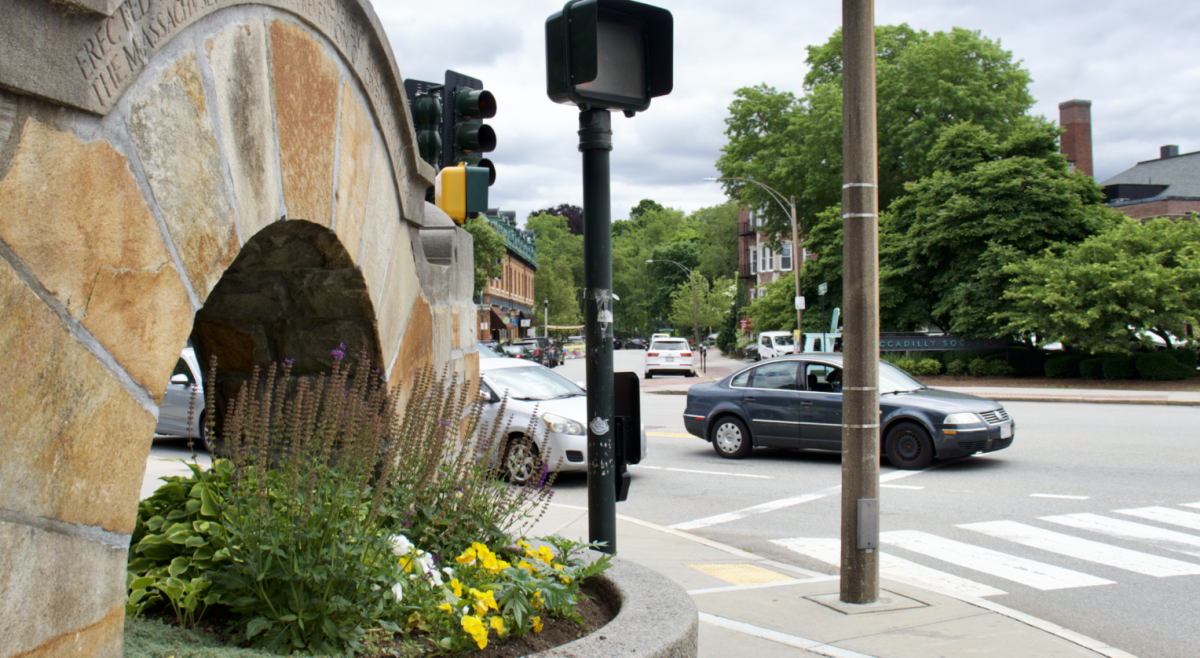
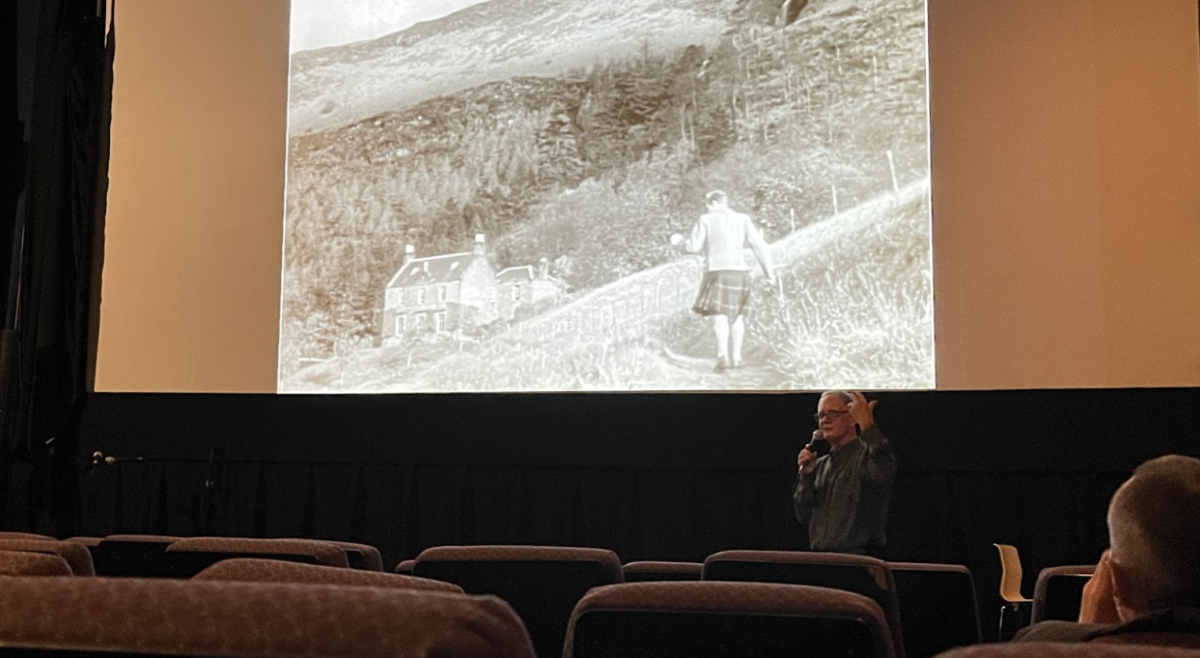
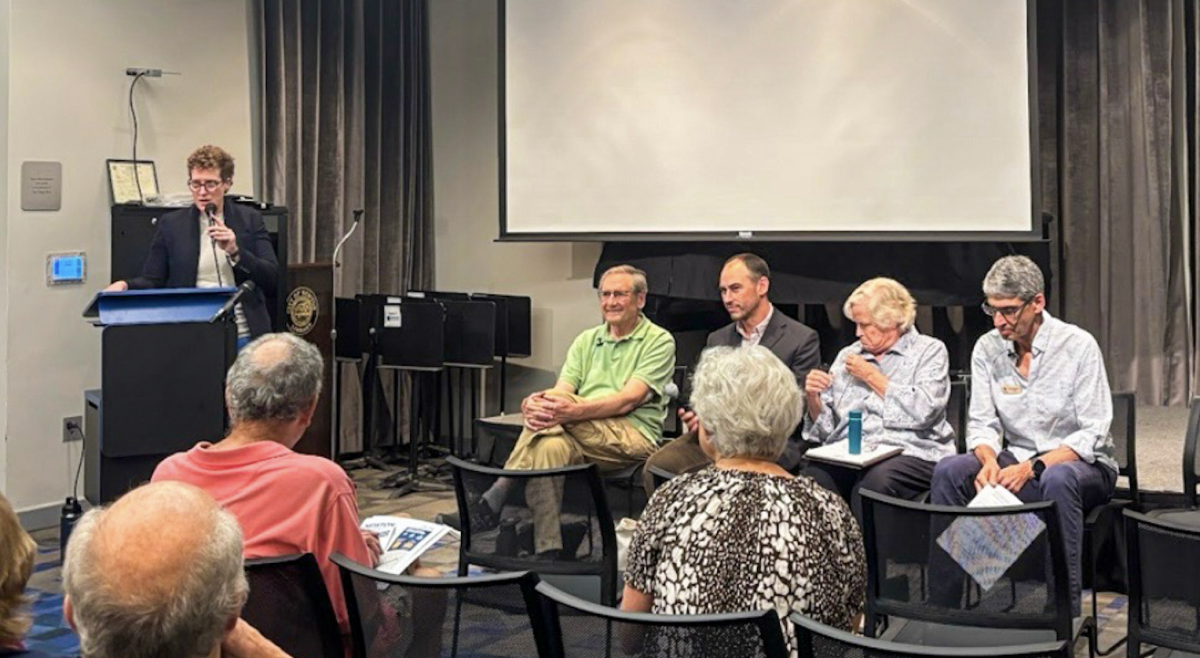


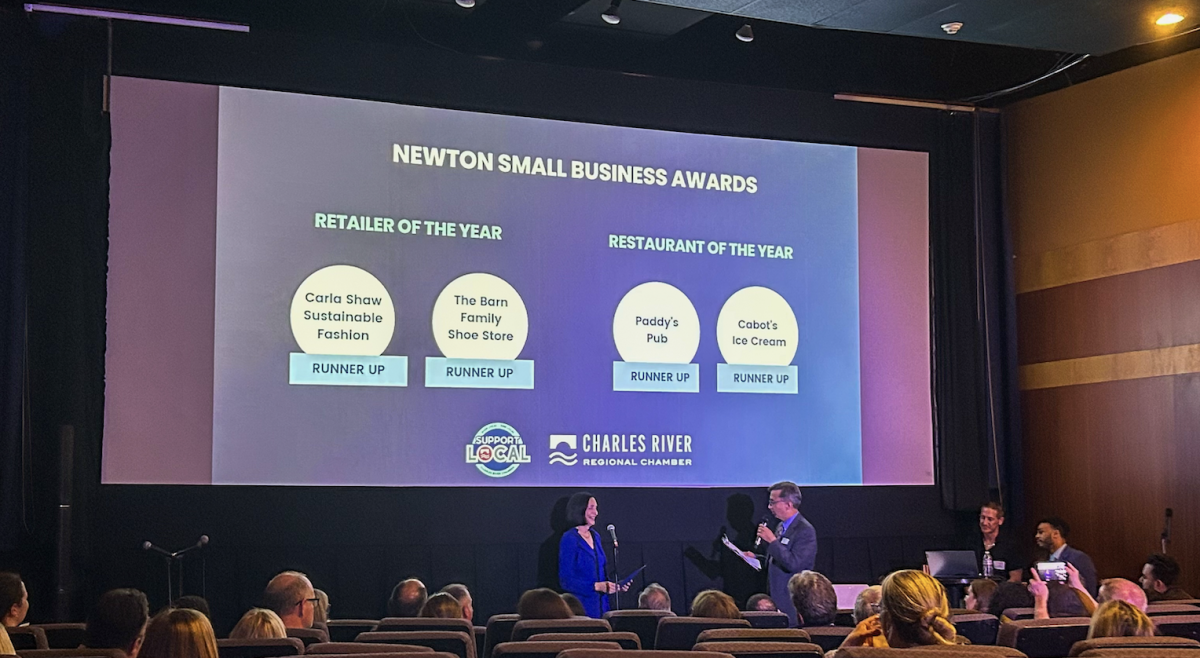
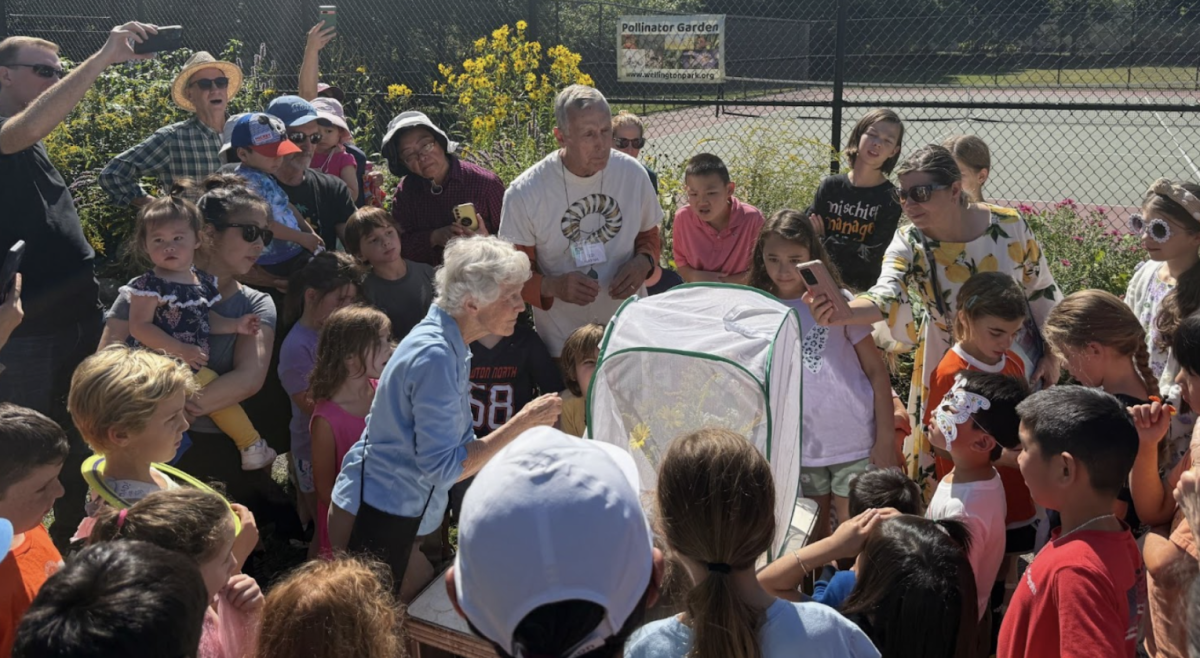
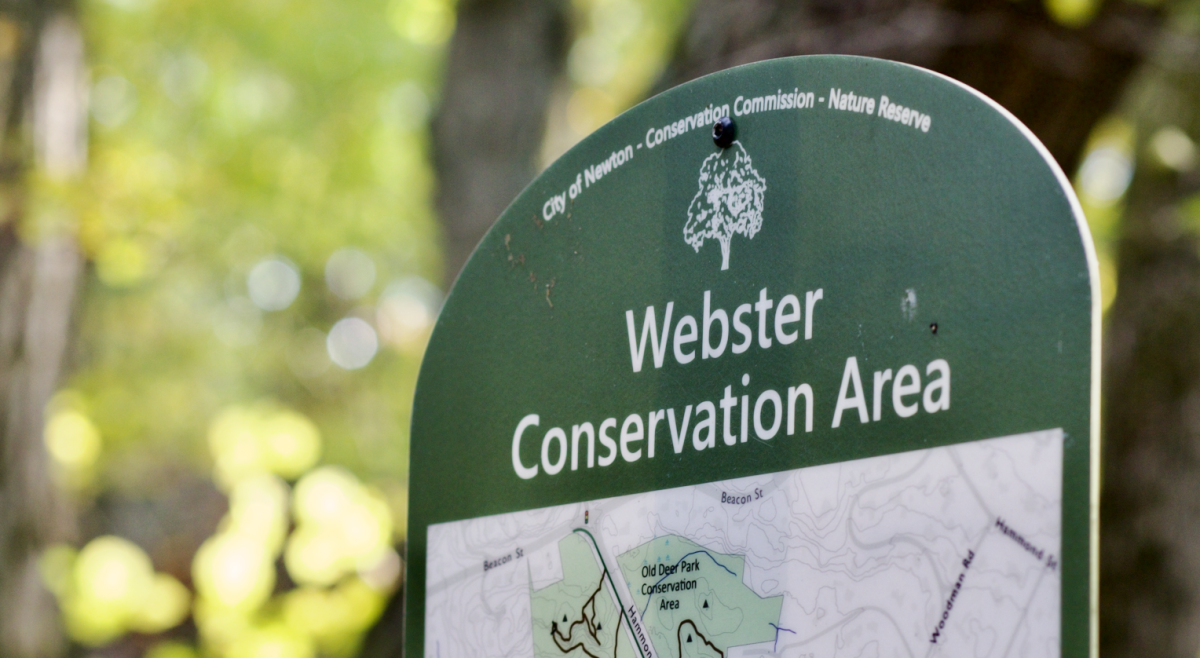
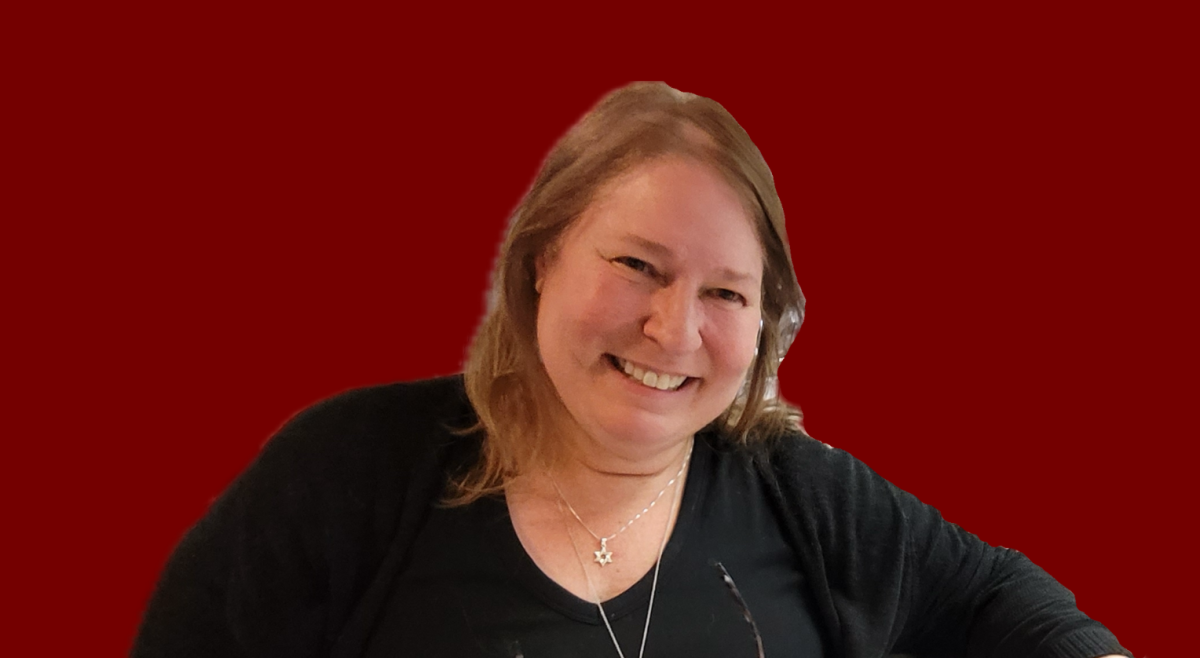
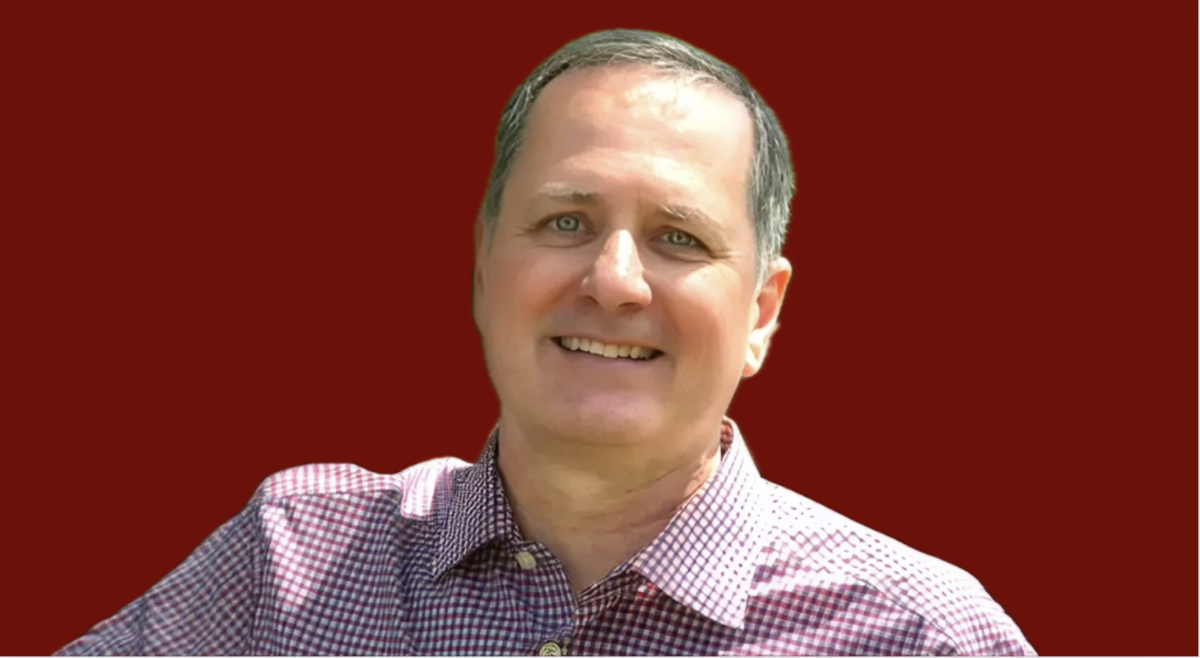
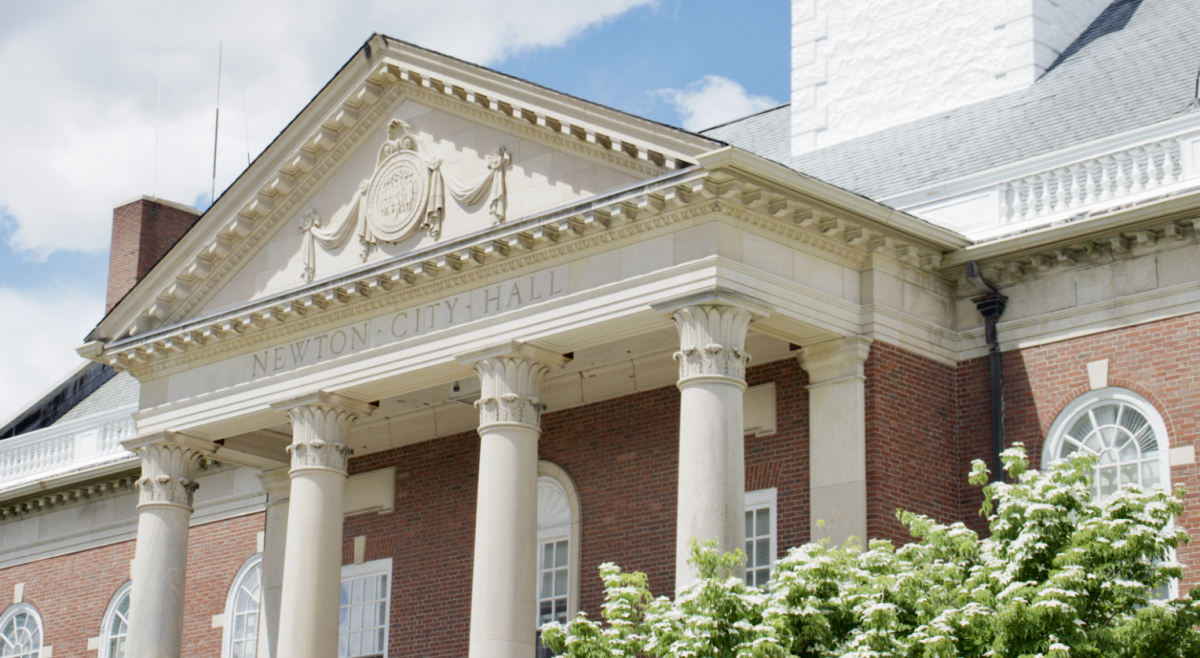
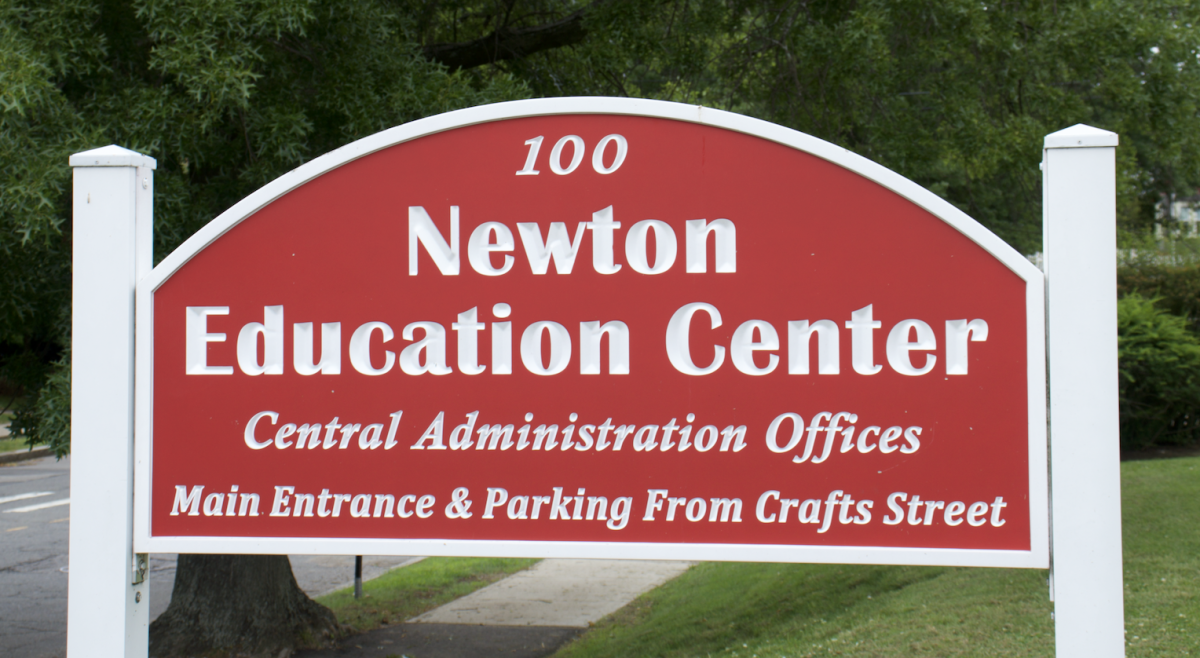
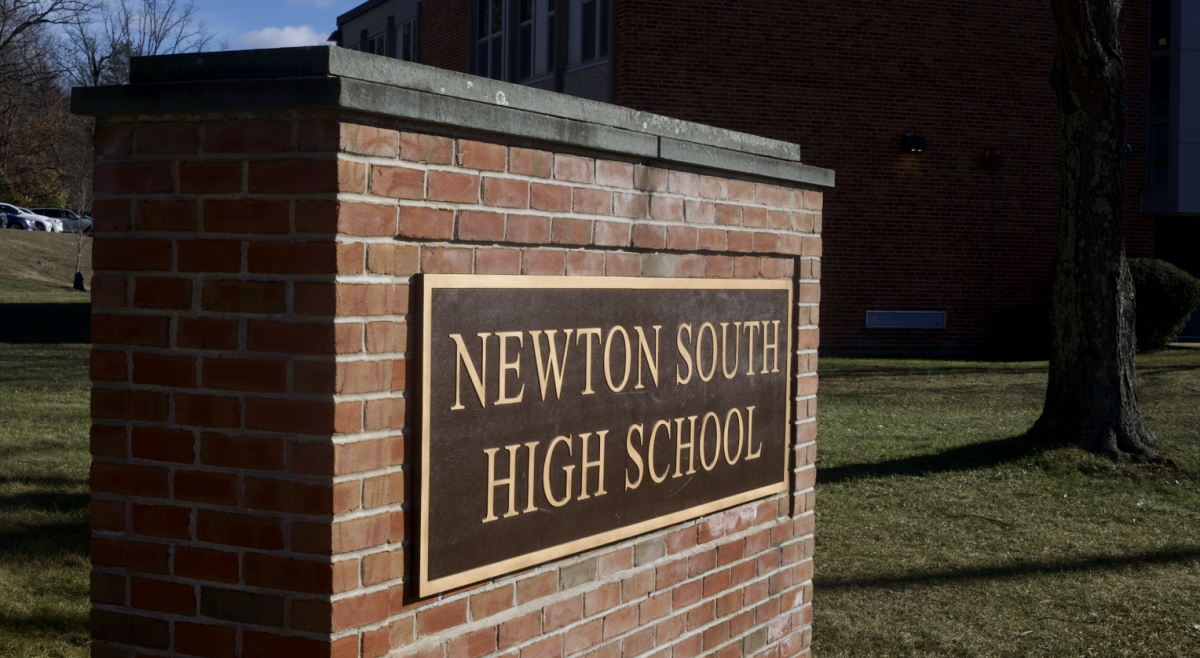
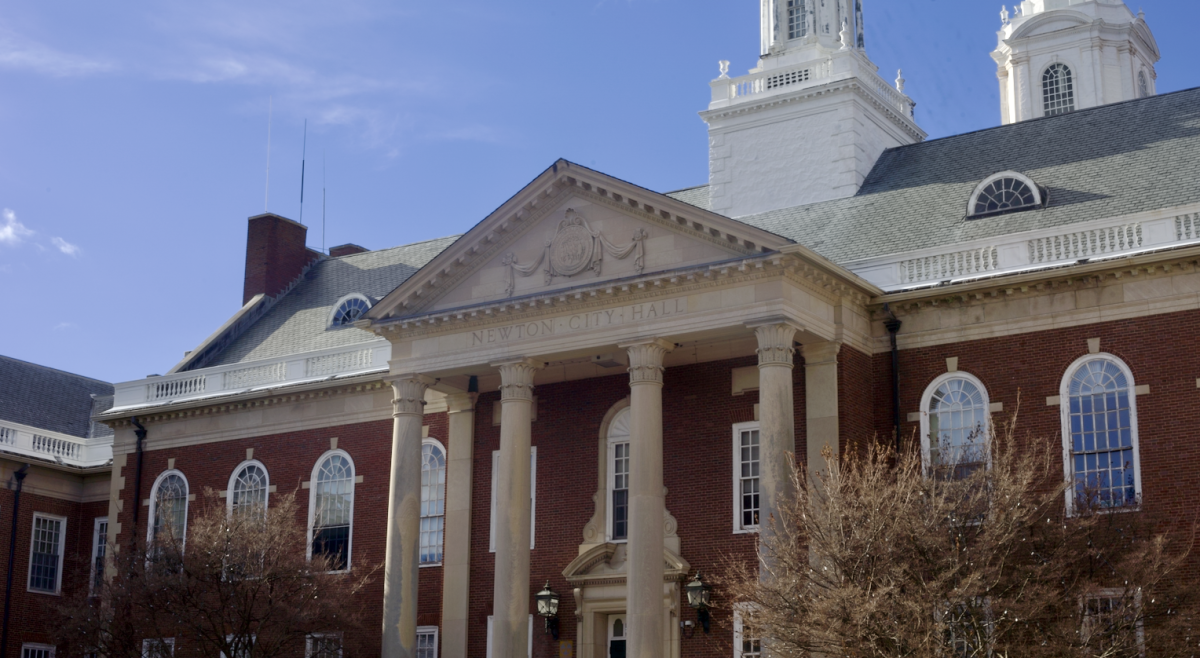


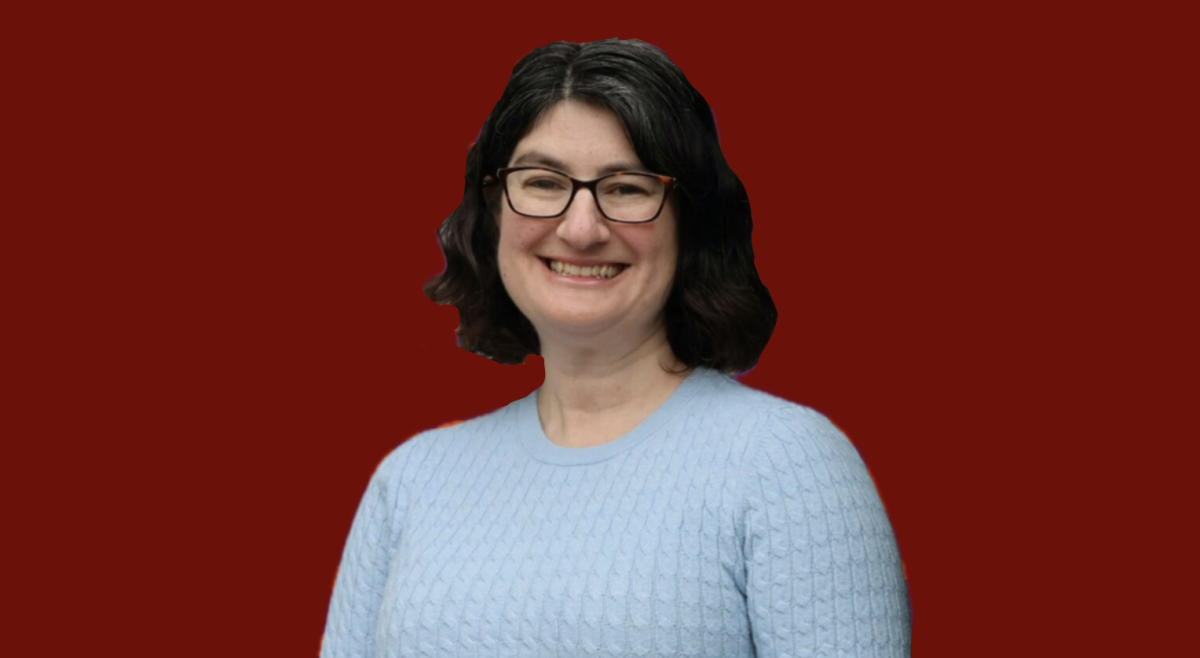


Frances Duffy • Oct 1, 2025 at 3:01 pm
Best article I’ve ever read. Very insightful!